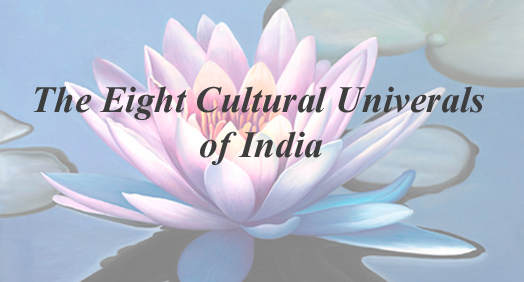
Peggy Neligan peggymnel@aol.com |
| Introduction | |
 |
Geography |
 |
History |
 |
Communication |
 |
Beliefs |
 |
Society |
 |
Economy |
 |
Government |
 |
Technology |
| Links to Other Websites |

A cultural universal is a category that applies to groups of people. The first two categories apply even to the earliest people such as Homo erectus and Homo habilis. These early people can be located some where and at some time in the world. Therefore, GEOGRAPHY and HISTORY are the first two cultural universals.
Later groups of people like Neanderthal and Cro-Magnon added more categories. They had some form of language or COMMUNICATION; they had certain BELIEFS that guided their lives; and they had what might be called a SOCIETY or a social structure within their group. They also had a primitive ECONOMY and very early TECHNOLOGY.
Once people began to live in cities, civilization became more fully developed. Their economy involved more than hunting and gathering; their technology became highly skilled; and they developed a need for a central GOVERNMENT.
We can begin to understand the people who settled in and around India by studying these eight categories or cultural universals. 
NAMASTE
I would like to thank the directors of the Summer Institute, Todd Lewis and Leonard van der Kuijp, for their invaluable insights and assistance and for providing us with outstanding experiences. Thanks also to the administration and staff of Holy Cross for providing the setting and amenities which made this Institute so valuable. Special thanks to Mary Morrisard-Larken and her staff of college students who "saved" our work when it was accidentally deleted and saved us from meltdowns.